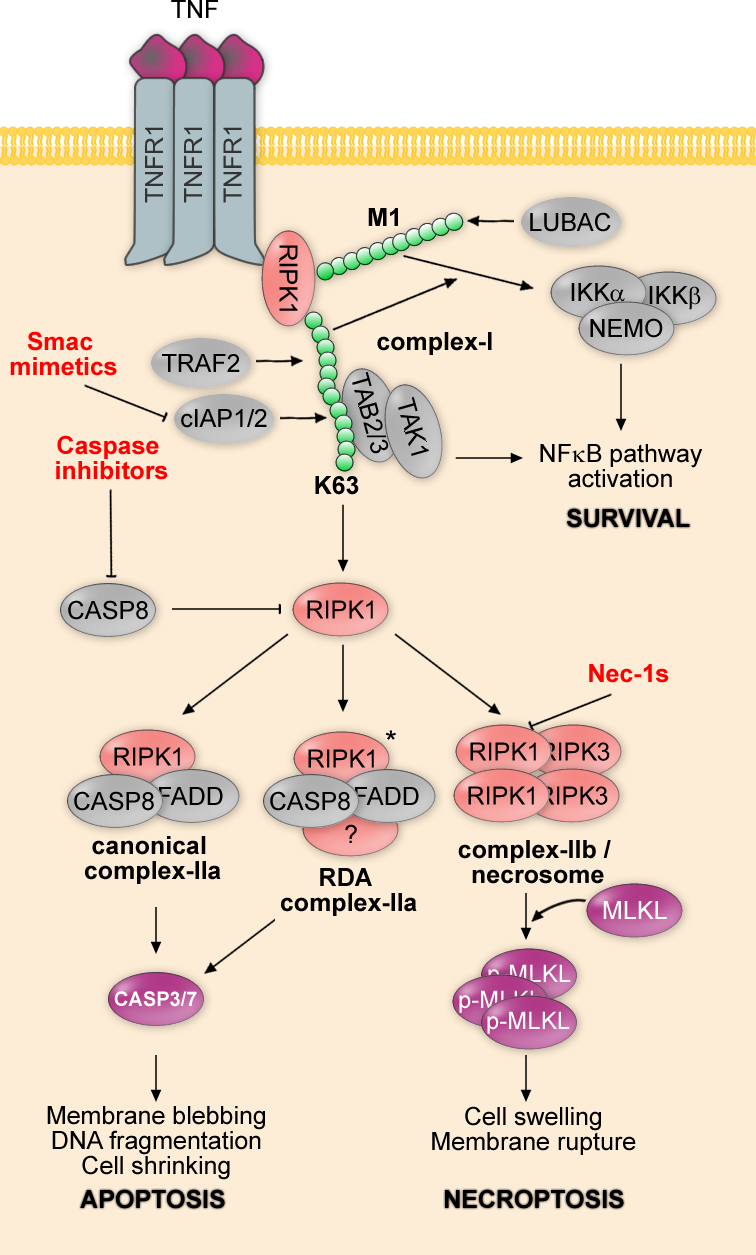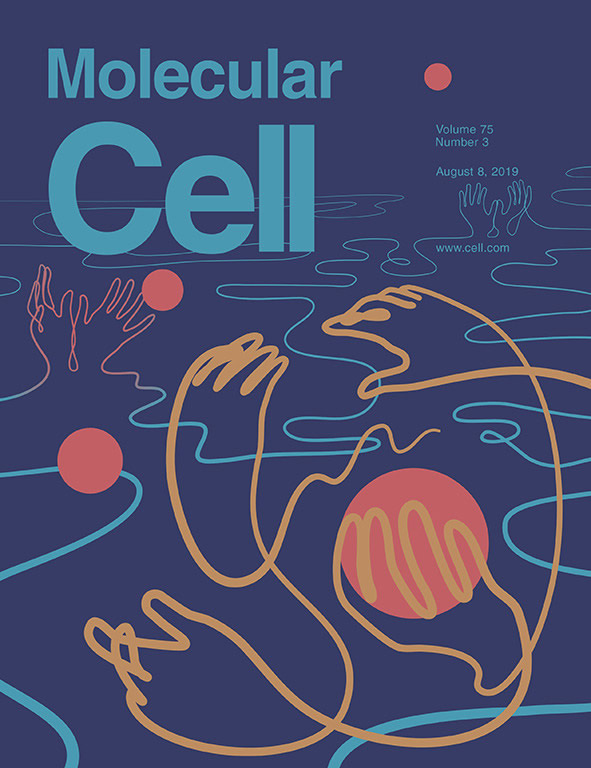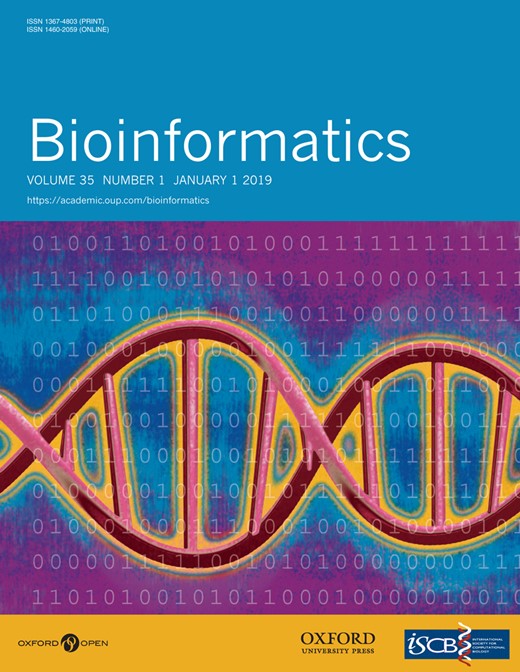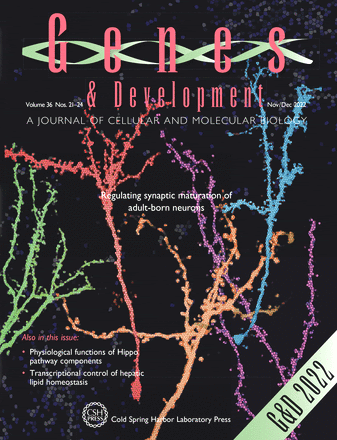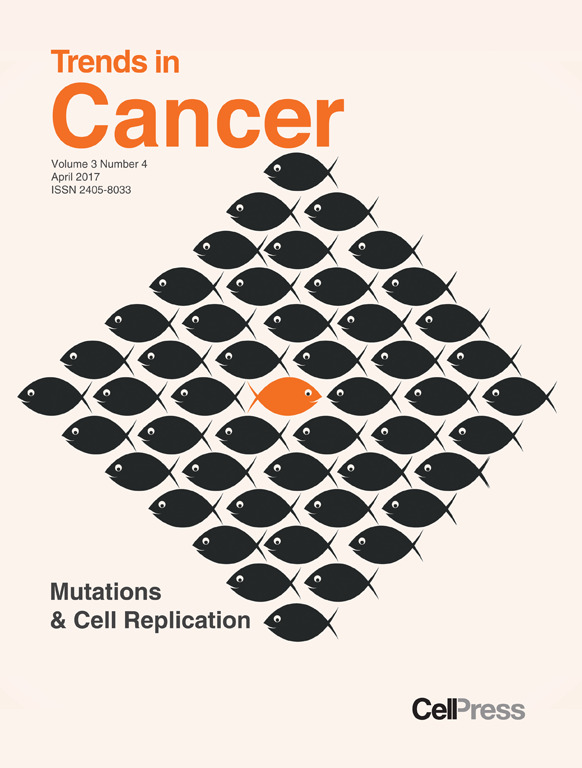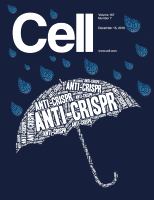The mission of the Najafov Lab is to understand the molecular mechanisms of cell fate and the role of cell death in physiology and disease. Our research is currently focused on the cellular and molecular mechanisms of necroptosis, its role in tumorigenesis and anti-tumor immunity, and how this immunogenic programmed cell death pathway can be targeted to develop novel strategies for treating cancer.
Necroptosis is a major necrotic and inflammatory cell death linked to various human diseases, including cancer, inflammatory bowel disease, liver injury, pancreatitis, neurodegenerative disorders, and viral and bacterial infections. Necroptosis signaling is mediated by the activation of RIPK1 and RIPK3 kinases downstream of pro-inflammatory ligands such as TNF or downstream of microbial danger-associated molecules. The execution of necroptotic cell death occurs through cell membrane rupture by large transmembrane pores formed by oligomers of pseudokinase called MLKL.
Anti-tumor immunity is key for achieving sustained remission and eradication of metastasized tumors. Necroptosis is immunogenic, and necroptosis of cancer cells can be harnessed to potentiate immunotherapies, especially if induced by oncolytic viruses. Therefore, a fundamental understanding of necroptosis regulation in the context of cancer and resistance to oncolytic viruses and anti-tumor immunity could pave the way for developing future cancer immunotherapies and cancer vaccines.
We are interested in answering these fundamental questions:
